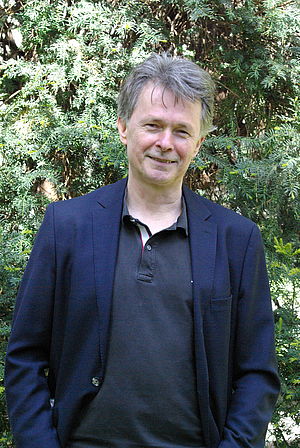
Georg Böhmig
Georg received his MD degree from the University Vienna in 1993. From 1991 to 1996 he was trained at the Institute of Immunology at the Medical University Vienna. Since 1996, he works at the Division of Nephrology and Dialysis, where he obtained licences for internal medicine, nephrology and intensive care medicine; Georg has advanced to associate professor in 2002. Since 2003 he is coordinator of the Vienna kidney transplant wait list, antibody-incompatible kidney transplantation programs, and the Austrian kidney paired donation program.
His major research interest is antibody-mediated transplant rejection. Current projects focus on novel strategies for ex-vivo monitoring of humoral alloresponses and evaluation of “anti-humoral” efficiency of immunoadsorption (crossmatch conversion, rejection treatment, ABO antibody depletion), proteasome inhibition, IL-6 blockade, complement interference and targeting CD38 in organ transplantation.
Georg loves music (he plays keyboards in the band “Spargel”) and is author of a surrealistic novel ("Das allerletzte Ei").
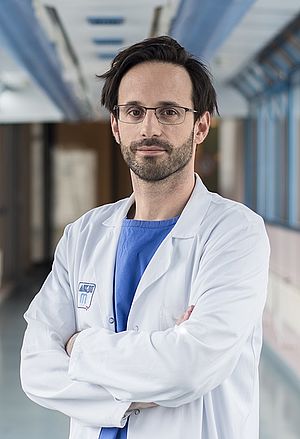
Gregor Bond
Gregor studied medicine at the Medical University Vienna and Louisiana State University. He later completed a post-doctoral fellowship at the MRC Centre for Transplantation in London and studied clinical study design at the London School of Hygiene and Tropical Medicine. He is currently an Associate Professor of Transplant Nephrology and heads the Doctoral Program for Organ Failure, Replacement, and Transplantation at the Medical University Vienna. Gregor also consults in Nephrology and Intensive Care Medicine at the Vienna General Hospital.
Gregor serves on the Council of Medicine and Science for EUROTRANSPLANT and the Infectious Disease Task Force of the European Society of Transplantation. His research primarily focuses on personalizing immunosuppressive drugs and enhancing drug adherence post-kidney transplant. He is leading a EU-funded trial to assess the benefits of using the non-pathogen and highly prevalent TT virus which reflects the immunosuppression of its host, to guide immunosuppression.
Outside of work, Gregor enjoys outdoor sports and mushroom hunting with his son.
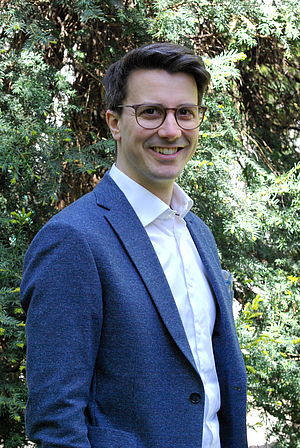
Matthias Diebold
Matthias studied medicine at the University of Zurich and trained in Internal Medicine and Nephrology at the cantonal hospital in Frauenfeld and at the University Hospital Basel. He is currently undertaking a research fellowship in Vienna, financed by the Swiss National Science Foundation.
His research focuses on the role of natural killer cells in microvascular inflammation. Since 2023, he has been pursuing a Master's in Epidemiology at the London School of Hygiene and Tropical Medicine. In his free time, he plays for the football team FC Fi, goes kitesurfing and tries not to lose in chess games.
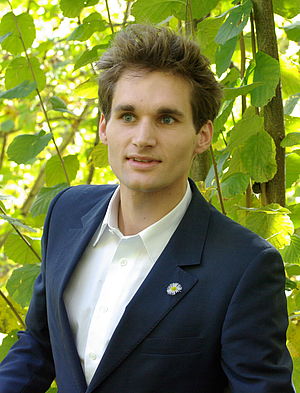
Konstantin Doberer
Konstantin is a VIETAC member since 2016. He mainly focuses on immunologic monitoring after kidney transplantation. Additionally, he is involved in the evaluation of novel treatment options for high immunologic risk patients with antibody-mediated rejection.
Besides his interests in transplant immunology, he is a passionate skier, loves literature, dancing, food and drinks.
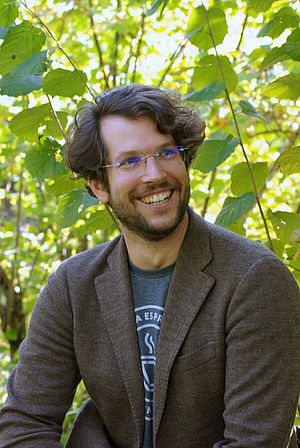
Farsad Eskandary
Farsad completed his MD thesis at the Department of Pharmacology at the Medical University Vienna where he worked in the field of G-protein coupled recpetors such as the Adenosine 2A receptor under supervision of Prof. Jürgen Zezula and Prof. Michael Freissmuth. After his graduation from medical school in 2008, Farsad entered the Vienna Cardiac Tansplant program working with Prof. Andreas Zuckermann later on started a career as a cardiac surgeon in 2010. Between 2011 and 2012 he was also a member of the ventricular assist device unit. In 2012 he changed to the VIETAC Lab and joined a PhD program for organ failure replacement and transplantation. In 2013 he became resident at the department of Nephrology and Dialysis.
His main interests are located in transplant immunology - in particular desensitization strategies in ABO and HLA - incompatible transplantation, acute kidney injury after heart transplantation and age-specific patterns of transplantation.
His free time activities comprise exploring nature, culture, travelling or just relaxing.
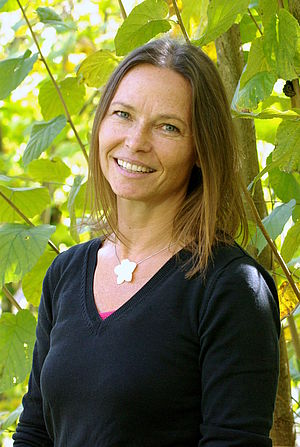
Susanne Haindl
Susanne finished her education in Biomedical Science and a Bachelors degree in Microbiology and Genetic in Vienna and is a member of the VIETAC Lab since December 2016. As a research technician and lab manager she is involved in a broad spectrum of basic and translational scientific projects and in constantly training the new members of the team. Since 2001 she has gained her knowledge in molecular biological and biochemical methods in different medical areas of research like hematology, traumatology, children cancer research, osteology and brain research.
For recreation she prefers to spend the time on the water mainly for wingfoiling, allowing her to travel and explore new spots. She also gives regular courses in aquacycling.
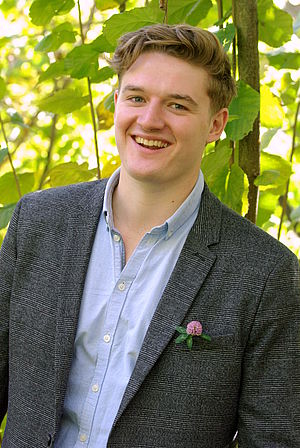
Frederik Haupenthal
Carsten Herz
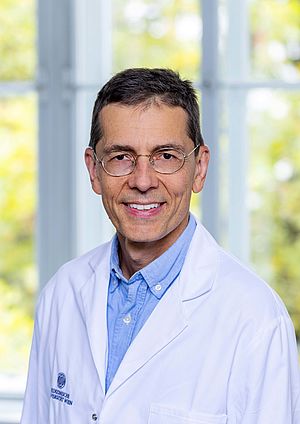
Bernd Jilma
Bernd received his MD degree from the University Vienna in 1993. From 1994 to 2001 he trained in Internal Medicine and Clinical Pharmacology and advanced to associate professor at the Medical University of Vienna in 1999 and later to full professor. He was member of the Committee of Orphan Medicinal Products, the Scientific Advice Working Party and the Committee of Advanced Therapies of the European Medicines Agency between 2003 and 2011.
His major research interest is in the field of allergy, immunology and hematology, where he designed whole development programs and conducted trials for several investigational drugs from phase 1 until marketing authorization. Current projects focus on novel trial designs for orphan diseases and the treatment of acute and chronic mast cell activation with recombinant human diamine oxidase (MUV-patented), a first-in-class pan-antihistamine.
Bernd loves to move, as long as he can.
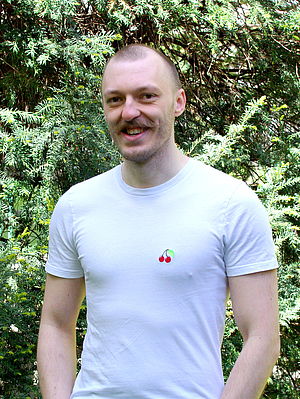
Sebastian Kapps
Text will follow...
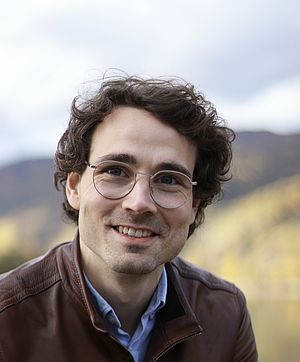
Johannes Kläger
Johannes joined the VIETAC group after commencing his residency in surgical pathology in 2017, during which he specialized in nephropathology. His primary research focus is to integrate histological knowledge with high-plex analysis techniques such as spatial transcriptomics, primarily but not exclusively in the field of kidney transplantation.
In his leisure time, Johannes enjoys various outdoor activities such as running, mountain biking, or fly fishing. He is also an amateur guitar player and occasionally crafts his own beer.
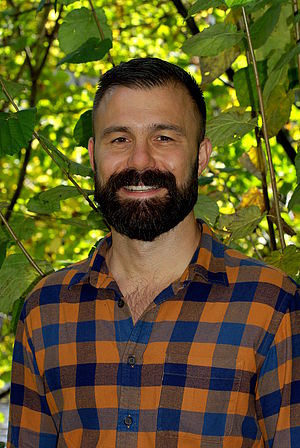
Nicolas Kozakowski
As renal pathologist, Nicolas focuses his research activities on the pathology of ABMR-related lesions, in particular the peritubular capillaritis (ptc), its histological features and clinical relevance in different immunological contexts. The pathology of thrombotic microangiopathy in kidney allograft (Tx-TMA) is his second topic of lively interest. While studying these lesions, Nicolas became co-chair of the dedicated Banff Working Groups for ptc and Tx-TMA. Currently, computational pathology, transcriptomics and spatially-resolved transcriptomics applied to kidney allograft pathology stimulate his curiosity and enthusiasm. Besides, Nicolas is active within the Renal Pathology Society, chairing the Educational and Training Committee involved in a multitude of world-wide educational activities, and also enjoys learning about the pathophysiology of monoclonal gammopathies of renal significance and membranous nephropathy.
His free time activities are sports, travelling – a lot - and cooking.
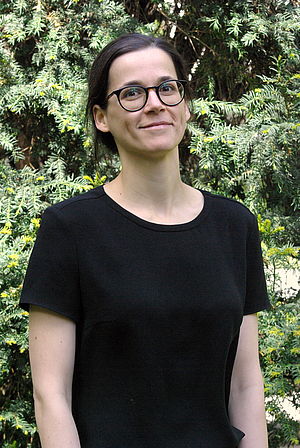
Katharina Mayer
Katharina received her MD from the Medical University of Vienna in 2016. She was trained in Immunology from 2016 to 2019 at the Institute of Immunology at the Medical University of Vienna. Katharina joined the Division of Nephrology and Dialysis in 2019 and became a member of the VIETAC Lab.
Her research focuses on transplant immunology with a special interest in antibody-mediated kidney transplant rejection and immunologic monitoring of kidney transplant patients.
In her free time, Katharina likes to go for a run, bouldering and skiing. In addition, she is a passionate creator and eater of (spicy) Asian food.
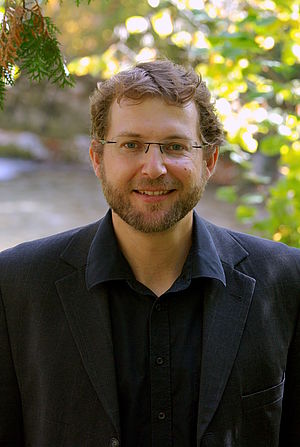
Jakob Mühlbacher
Jakob graduated at the Medical University of Vienna in the year 2012 after finishing his MD thesis at the Department of Anaesthesiology and General Intensive Care under supervision of Prof. Stephan Kapral. In the same year he started his clinical education at the department of surgery at the Vienna General Hospital. In 2015 he became member of the VIETAC lab performing his PhD thesis within the program for organ failure-, replacement and transplantation.
He cooperates with the department of clinical pharmacology on a first-in-human phase 1 trial evaluating a new inhibitor of the classical pathway of complement.
Jakob is interested in outdoor activities, such as mountaineering, skiing or kayaking, moreover, he likes to play and to listen to music.
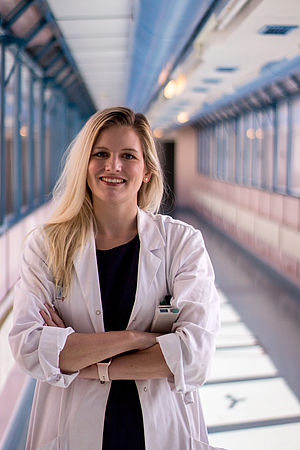
Maja Nackenhorst
Maja received her MD in 2018 and is working as a pathologist at the Medical University of Vienna. She is currently conducting her PhD with a focus on viral detection in renal biopsies in Prof. Renate Kains Lab and held an ERA-EDTA short-term fellowship (10/2020-01/2021) to develop a metagenomic pipeline for this project at Kenneth Smiths Lab at the Cambridge Immunology Network at the University of Cambridge.
Her research interests lie in renal and cardiovascular pathology with a focus on infectious diseases and translational transplant pathology.
In her spare time Maja enjoys martial arts, travelling and good food.
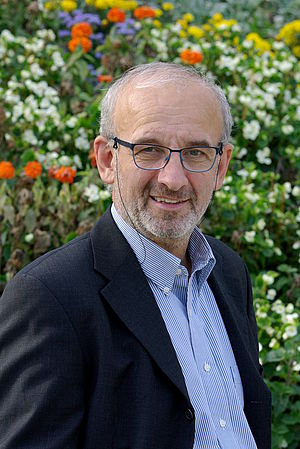
Heinz Regele
After obtaining his MD from the Medical University Vienna in 1989, Heinz was trained in anatomic pathology at the Clinical Institute of Pathology, were he is professor of transplant pathology. From 2011 till 2014 he was head of the Department of Pathology at the Innsbruck Medical University. Heinz is specialized in renal pathology and initiated the renal biopsy registry at the Medical University Vienna.
His main scientific focus is antibody-mediated renal allograft rejection, and he has significantly contributed to the establishment of C4d as a diagnostic marker in renal biopsies.
In his holidays Heinz loves to travel through South East Asia. In his spare time he prefers ski touring in the Tyrolean Alps.
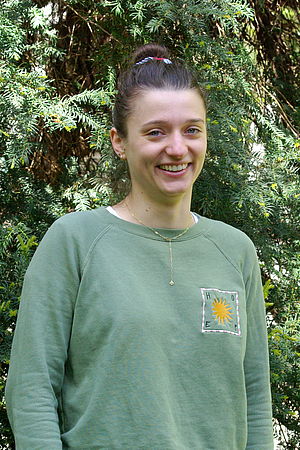
Martina Schatzl
After receiving her MD in 2023, Martina started working in the VIETAC Lab as a PhD student. She is working on identifying biomarkers and treatment options in the field of antibody-mediated rejection (ABMR) after kidney transplantation.
Martina likes to spend her free time outside. She really enjoys skiing, playing tennis and swimming.
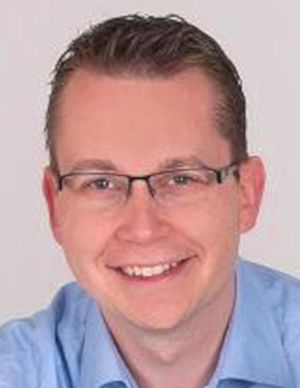
Robert Strassl
Robert completed his study of medicine at the Medical University of Vienna in 2008. In 2016, he finished his education as a specialist in clinical virology. During this time his main scientific interest focused on antiviral treatment of Hepatitis C and B. In 2016 Robert joined the Department of Nephrology and Dialysis is currently trained as a Nephrologist. Since 2017 he is part of the VIETAC team.
Robert is interested in the role of viral infections in renal transplant patients and their potential role as biomarkers for immunosuppression.
In his free time Robert is interested in music, motorsports and restoration of historic motorcycles.
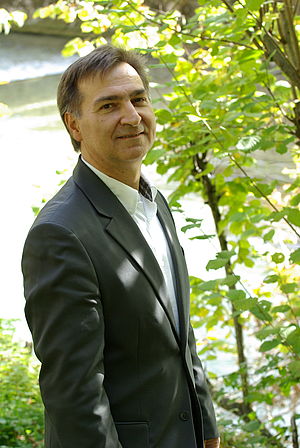
Markus Wahrmann
Markus is a biochemist by education and underwent lab trainings at the Institute of Medical Chemistry, the Institute of Immunology and the Division of Ultrastructural Pathology and Molecular Biology of the Clinical Institute of Pathology where he performed his PhD thesis. Since 2002 he has been working in the research field of transplantation medicine at the VIETAC Lab. He habilitated in Medical Biochemistry in 2012.
His interest in the complement system dates back when he was starting his scientific career working on complement component C3. Since then his focus of research has moved towards C4 and the classical pathway of complement activation, especially on illuminating its role in antibody-mediated rejection. Furthermore he teaches physiology and pathophysiology of the complement system to post-graduate students.
In his leisure time Markus is interested in running. He is also a dedicated skier, interested in soccer and dancing.


